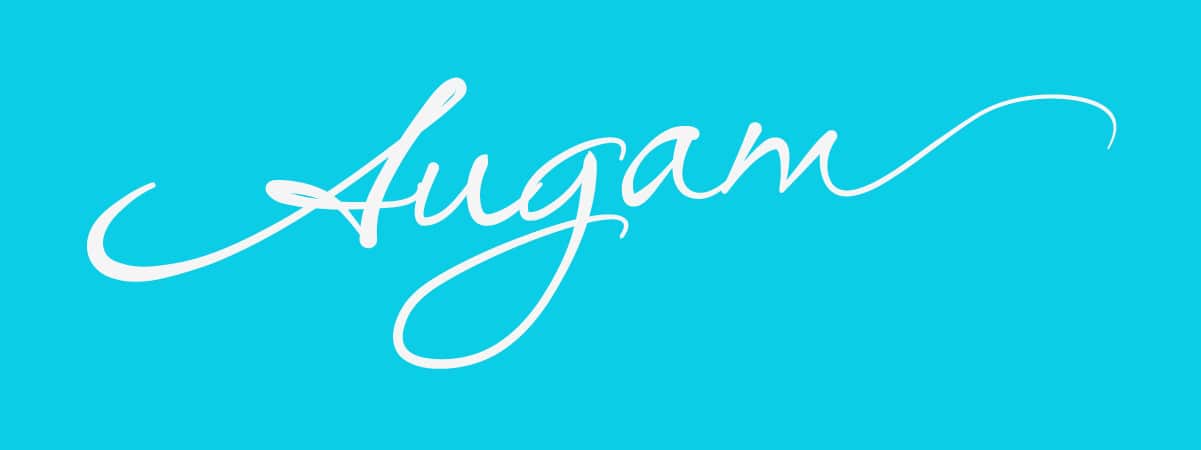I like to write in circumstances where the thoughts or events that led to the idea for the article are still fresh 🙂 As always, these are just my subjective opinions and insights.
So, the situation. I have an issue that requires outside help – a coaching professional. Of course, coaches also use coaches, the more the better 🙂 This time I decided to do something different than usual. Usually when I need a coaching session, I know very clearly who I want to work with and I choose a coach I already know. So I post my request in a Facebook group where professional coaches offer free sessions. I specify what I am looking for, the style and the result. I get a few replies, contact the people who have replied to me by private message and wait to see how the contact develops.
After the private messages, the replies come pretty quickly from almost everyone. One sends a voice message, which is quicker and more acceptable for a lot of people, but I find it a bit weird, especially when I haven’t been in contact with the person before. The next few replies are short, clear, specific, I say thank you, and inform them that if I agree with someone else for this session, let’s keep in touch for the future. But one answer in particular is surprising and fuels the flow of thoughts for the whole day. First of all, the word ‘coaching’ itself is misspelt. First red flag. The further content of the message is even more surprising – the coach mentions the method she would like to use for my inquiry and that she would like to dig deeper into why I have this question at all, it must be something else there. Second red flag. To give you an analogy, you go to the shop to buy milk, and instead you are suggested to look into where milk comes from. But it is not at all what you are looking for, you just need some milk to bake a pie! It is a rather mundane example, but it resonates to me.
So, after this short story, here are a few tips on what to look out for in order to choose the right thinking partner for you:
- coach’s competences and certifications;
- the coach’s social media presence, the content they create;
- the extent to which, after the first contact, the professional tries to understand your need and offers solutions accordingly, rather than the other way around;
- also, the common point between the coach and my issue. If the problem is related to the fact that I am a woman, I would probably feel more comfortable with a coach of the same sex. The same goes for other situations where the coach has either already experienced my problem or has already dealt with it professionally with good results;
- your intuition and whether you feel a connection with the professional. If you don’t trust the coach as a professional, you will not be fully open during the session and this will make the coaching process superficial.
The choice of a coach is very individual. One person’s ideal coach may be completely unsuitable for another and vice versa. The right choice is determined by a combination of objective and subjective criteria. And even if you have not made the right choice, congratulations – you will grow and learn something new about yourself after this experience.
With best wishes for growth,
Dovilė
Your thinking partner online, in France (Savoie), Switzerland (Geneva region)
linkedin.com/in/dovile-rodziute

